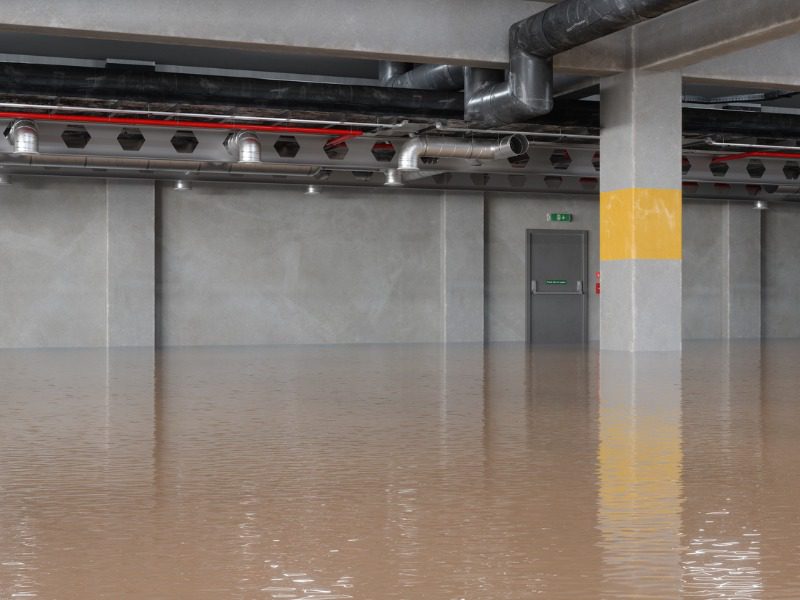How one restoration firm is mobilizing repairs in a flood-prone city

What do you do when capacity and labour shortage issues are extending property restoration timelines in disaster-prone regions?
Bring your recovery team closer to the repairs. At least, that’s the strategy First Onsite is taking.
The restoration firm is mobilizing residential and commercial repairs to happen quicker through the opening of a new office in the Shawinigan and Trois-Rivières regions of Québec.
The firm plans to on-board 15 staff and hire 20-40 sub-contractors in the first year of its new location.
“It’s an industry where you can’t really plan; you have had people on call,” Valérie Bouchard, Directrice principale, Développement des affaires at First Onsite told Canadian Underwriter.
This could help clients’ repairs happen quicker, especially as the communities surrounding Trois-Rivières are prone to flooding.
Bouchard has noticed an uptick in flooding around the region over the past few years.
“We had high demands in Three Rivers,” Bouchard told CU. “In the past we wouldn’t see big disasters and big rains during the summer, but now we see that.”
Parts of Québec saw dangerous flash flooding this July. Weather stations near Trois-Rivières were reporting rainfall rates over 10 mm an hour north of the St. Lawrence River, the Weather Network reported.
In the spring of 2017, spring snowfall and heavy rain caused floods across Québec and in Shawinigan and Trois-Rivières, and across Quebec. Floodwater washed out portions of Route 155, flooding residences and causing regions to declare states of emergency.
In fact, heavy rain is forecast this weekend in the region of Mauricie, north of Trois-Rivières. Precipitation could range from 50 to 80 millimetres on Friday and Saturday. The Government of Canada is warning that water accumulation could be significant on roads and in low-lying areas.
But the general restoration industry is facing a shortage of available and qualified talent. This talent shortage, coupled with supply chain issues, has caused longer cycle times for large-scale repairs, although “it was worse before,” Bouchard said.
Trois-Rivières is the next step in the company’s expansion plans and will enable the firm to respond more quickly to its clients’ major restoration projects.
The region is home to commercial clients spanning from retirement homes, to manufacturing, transportation and logistics industries.
And while the firm has offices in Montréal and Québec City, they didn’t have anything in the middle.
“In order to act very quickly for those clients who give us a lot of work during the year, it was so much easier to have an office there, so we will have people on location to do everything,” Bouchard said.
Having an office in between the two major cities will save recovery teams about one-and-a-half hours’ worth of response time when they need to be on-site, Bouchard explained.
Feature image by iStock.com/onurdongel



